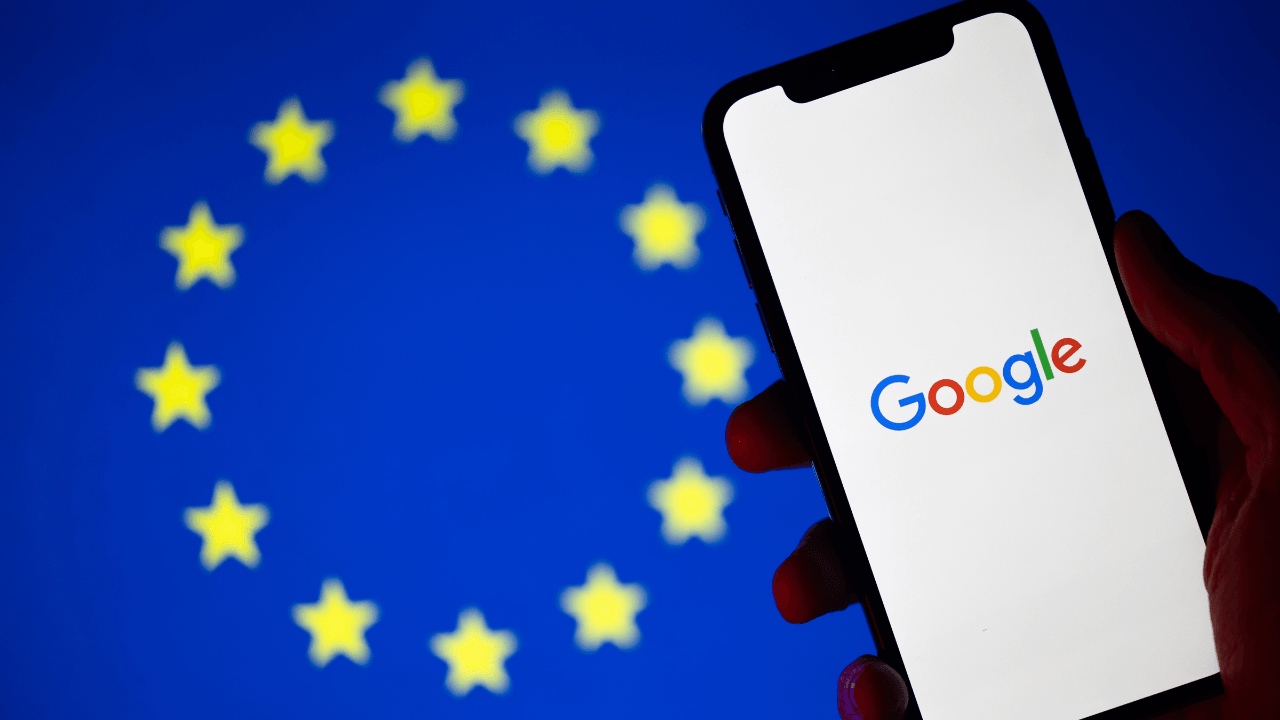Google says it will sign the EU’s AI code of practice, marking a fillip for the bloc, but the US search giant expressed concerns that the code risks slowing down European AI progress.
The voluntary code of practice lays out guidelines as to how AI model companies should comply with the EU’s AI Act, which comes into force next month, including legal responsibilities and copyright protections for creators.
It is not legally binding, but the EU says AI model providers who sign it will get increased legal certainty and reduced administrative obligations.
In a blog post, Kent Walker, president of global affairs and chief legal officer at Alphabet, Google's parent company, said he hoped the code “will promote European citizens’ and businesses’ access to secure, first-rate AI tools as they become available. Prompt and widespread deployment is important”.
However, he said Google, which is behind the Gemini AI chatbot, was "concerned that the AI Act and Code risk slowing Europe’s development and deployment of AI".
He added: "In particular, departures from EU copyright law, steps that slow approvals, or requirements that expose trade secrets could chill European model development and deployment, harming Europe’s competitiveness."
Google joins US AI firms OpenAI, Anthropic and French AI firm Mistral in signing the code, but Meta has said it won’t sign the code, warning that “Europe is heading down the wrong path on AI”.
Meta said: “The code introduces a number of legal uncertainties for model developers, as well as measures which go far beyond the scope of the AI Act.”
Microsoft told Reuters that it would likely sign the code.



Would you like to write the first comment?
Login to post comments